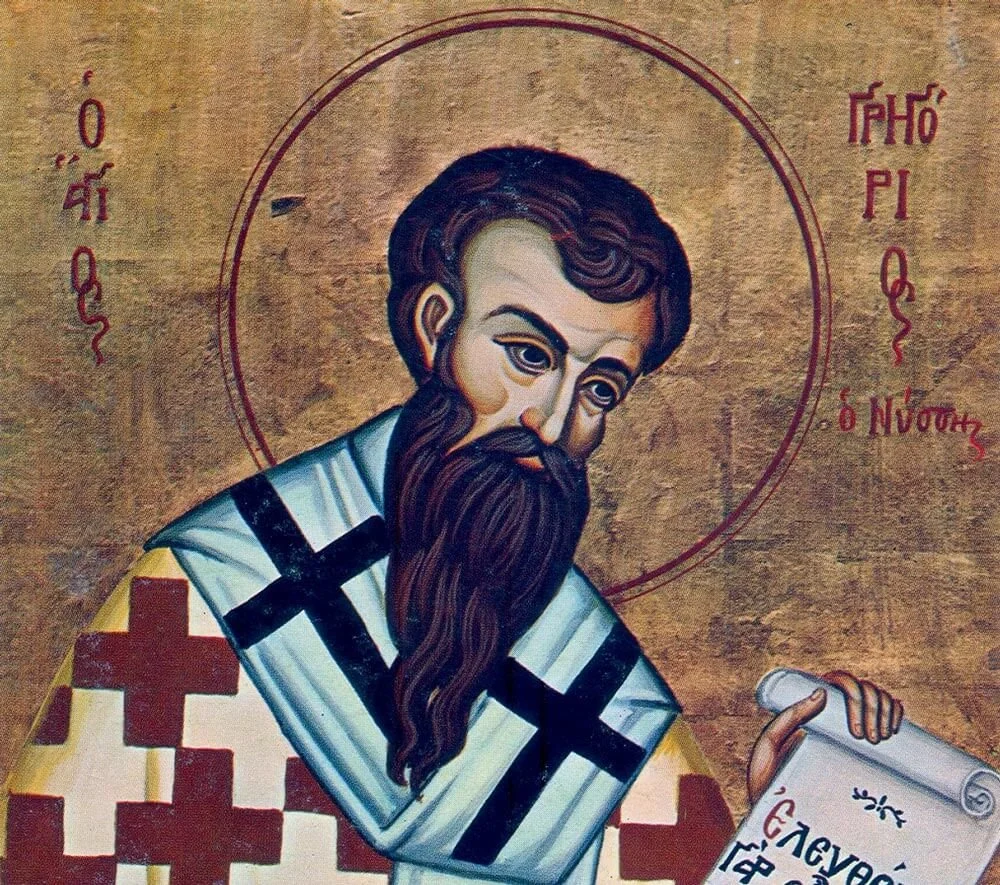
I work mainly on late antique philosophy and theology, which for thinkers of that period are often different names for the same thing. I wrote my dissertation on Gregory of Nyssa, an influential 4th-century church father, but am also acquainted with Origen, Pseudo-Dionysius, and Augustine. Because a person can’t understand these thinkers without knowing their philosophical sources, I’ve also studied ancient philosophy, particularly Plato, Aristotle, Plotinus, and the Stoic tradition.
Philosophy of Evil
My dissertation, “Evil and Freedom in Gregory of Nyssa,” is a study of one early Christian approach to evil. I argue that Gregory’s distinctive contribution is his recognition of the positive presence and power of evil in the world and in the struggle for virtue in a human life. Gregory sees evil—whether the vices of individuals or systems of injustice like slavery and oppression of the poor—as something like a moral artifact. Though lacking its own self-standing being, evil does occupy a place on the ontological stage through the sustaining power of individual and collective choice. His view emphasizes the creative capacity of “godlike” human freedom, seeing in it a power to generate and sustain individual habits and, collectively with other human beings, whole structures of evil.
This project is significant for two reasons. First, it broadens our understanding of early Christian accounts of evil in terms of ‘privation’ and ‘non-being’, unearthing a version that does not reduce evil to a mere lack of being and order and so run the risk of trivializing evil. Instead, the account captures powerfully the paradoxical phenomenological experience of evil: being under the sway of—and even fondly attached to—what has no authentic reality of its own. By foregrounding Gregory’s understanding of the presence and power of evil, the project also bridges early Christian thought and contemporary concerns, especially the concept of systemic evil. Second, it elevates to our attention the importance of human freedom, which can either help us take our rightful place as co-creators with God in making the world what God intended it to be or can malform it by bringing into ‘being’ something else. More broadly, the project points up the significance of human freedom and invites further exploration of self-determinative freedom as a good gift, even when used to oppose the good. I am working toward submitting a book proposal for the revision of my dissertation to the Oxford Early Christian Studies series at OUP.
Self-Possession
My second research area is moral formation in early and medieval Christian philosophy. In particular, I am interested in the virtue of what I call “self-possession,” which Gregory sees as a goal of human moral formation. There is a phrase that circulates within ancient and late antique philosophy, going back to Plato’s Republic, that “virtue is without a master” (adespoton). Gregory develops this idea as had not been done prior to him. As a first step in this research, my article published in Studia Patristica (2021) explains Gregory’s unique understanding of Christ’s “subjection” to God in 1 Cor 15, leading him to reject an interpretation of Christian subjection to God as a kind of slavish subservience.
Podcast Appearances
I’ve appeared on a couple podcast episodes of Bishop Bullock’s Book Club for popular-level discussions of significant literary and spiritual texts with Bishop Scott Bullock and other Catholic guests in the diocese of Rapid City:
Charles Dickens’s A Tale of Two Cities
Fr. Walter J. Ciszek, S.J.’s He Leadeth Me


